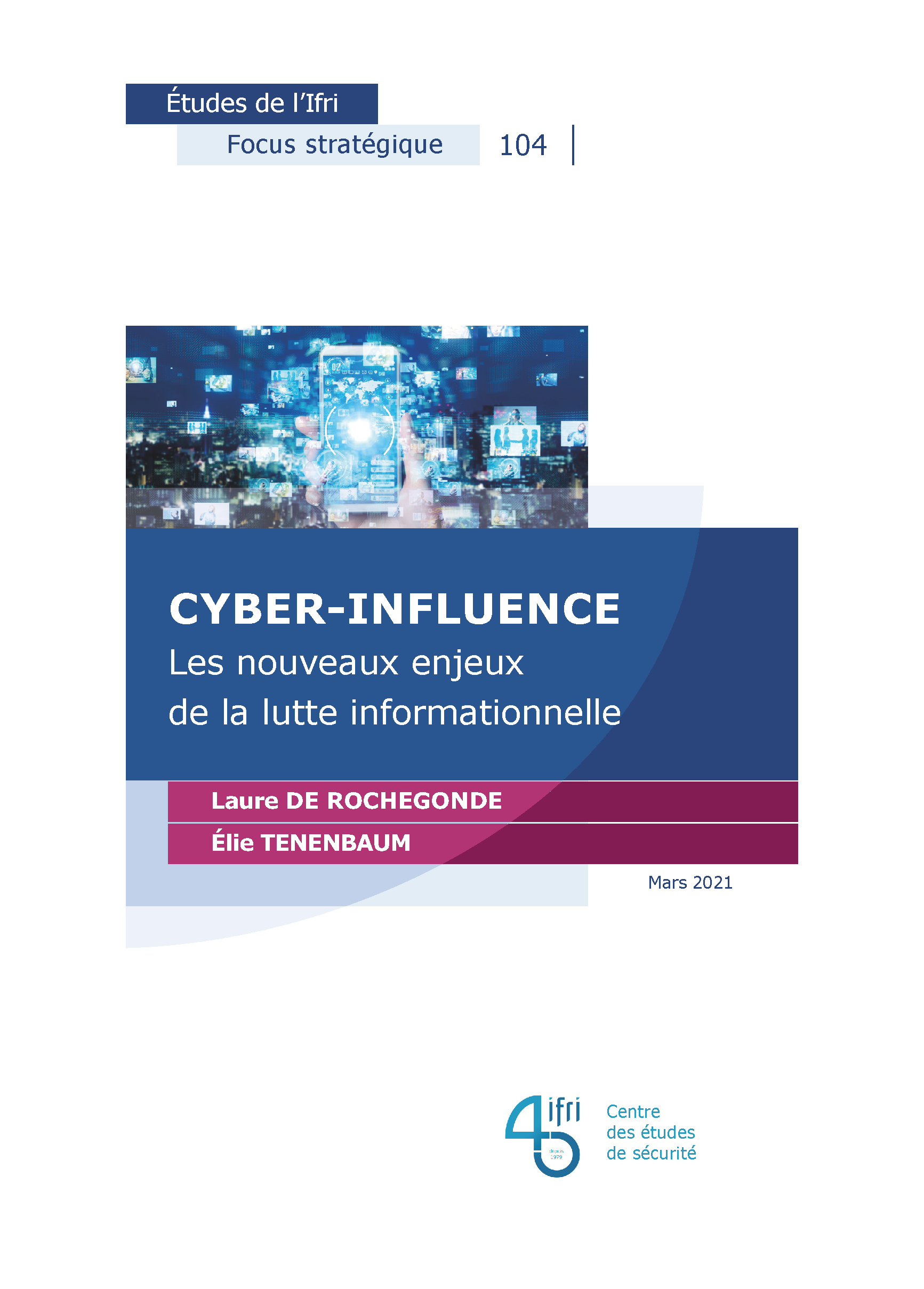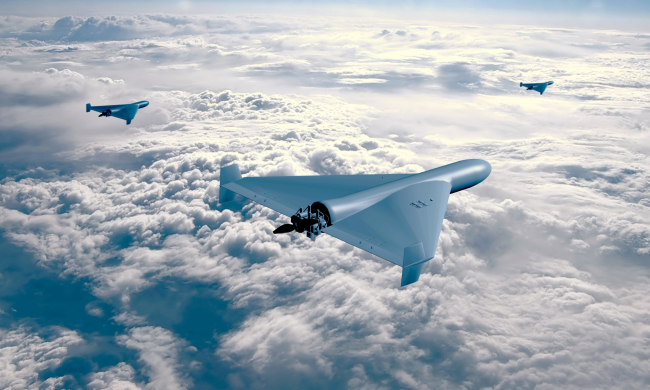Cyber-influence : les nouveaux enjeux de la lutte informationnelle

The coming of age of a digital “info sphere” has dramatically changed the nature of military information support strategy.

Though information operations are as old as war itself, armed forces have had to adapt their strategies to establish themselves in cyberspace. On the top of non-state actors such as the Islamic State using in its asymmetrical warfare way, great powers like China, the United States and Russia have been particularly active in this field of cyberspace information operations. In the near future, the development of artificial intelligence and personalization techniques, the modification of content or the use of blockchain are likely to disrupt even more the military approaches to information warfare. The transformation of this domain therefore poses many challenges to the armed forces, which must adapt to a confrontation that goes well beyond their ordinary scope. It is now up to France to get the measure of these issues, and to adapt accordingly in terms of strategy and capabilities.
This content is available in French: Cyber-influence : les nouveaux enjeux de la lutte informationnelle.

Available in:
Regions and themes
ISBN / ISSN
Share
Related centers and programs
Discover our other research centers and programsFind out more
Discover all our analyses"Iron Swords" A Military Analysis of Israel's War in Gaza
On October 7, 2023, Hamas' attack, dubbed “Al-Aqsa Flood,” caused a major shock and led Israel to launch the longest war in its history. Operation “Iron Swords” was notable for its unprecedented intensity, both in terms of the massive ground forces deployed and the firepower used.
Saudi Arabia’s Nuclear Temptations. Lessons Learned from Regional Instability
Saudi Arabia’s integration in the international arena and regional stability, notably through reducing its dependence on fossil energies, are crucial elements for the success of the Kingdom’s Vision 2030, the Crown Prince’s top priority. However, Mohammed bin Salman’s declarations in 2018 and 2021, indicating that “if Iran develops a nuclear bomb, we will follow suit as soon as possible”, combined with the recent strikes on key Iranian nuclear facilities, do not bode well for the future of the Kingdom, the region and the non-proliferation regime at large.
The Future of Air Superiority. Command of the Air in High Intensity Warfare
Air superiority, understood as control of the air, is a cornerstone of the Western art of warfare. It is a decisive condition, albeit not sufficient by itself, to achieve military victory, as it enables the concentration of air power toward the achievement of wider strategic objectives and protects other components from unbearable attrition levels. It is best achieved through the offensive use of air power in a joint effort to neutralize the enemy’s air power.
Europe Uncovered?
As Russia continues to threaten Europe, the Trump administration is making no secret of its desire to withdraw—at least partially—from the defense of the Old
Continent in order to focus on strategic competition with China. It is thus putting pressure on its European allies to increase their investment in the military sector. The NATO Summit in The Hague in June 2025 resulted in ambitious commitments by member states to increase their defense spending.















